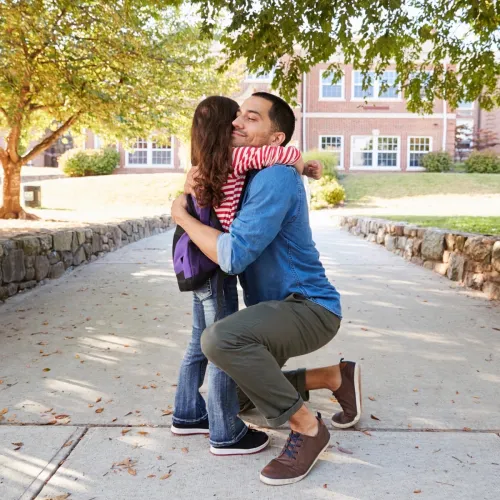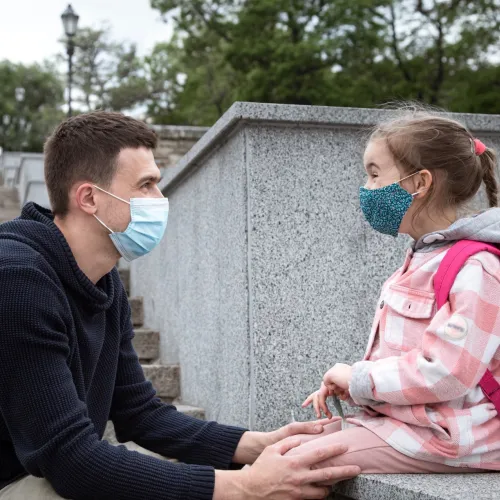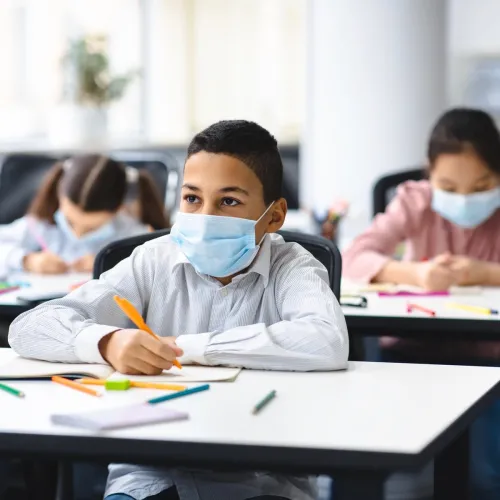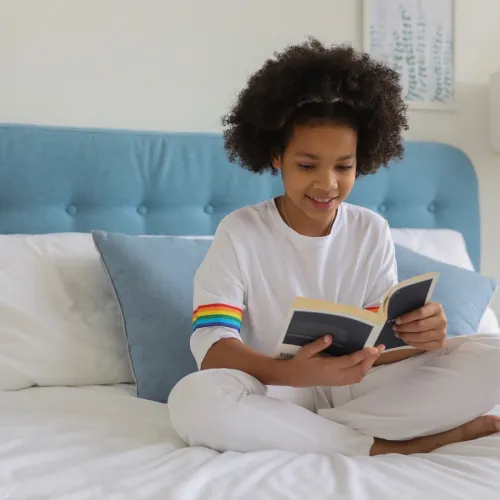How to Protect Children from Emotional Harm During a Separation
For children, experiencing the breakdown of their parents’ relationship often results in a deep emotional impact that colours their lives today and well into the future. Without even recognizing it, their own future relationship may feel an impact related to what they went through as their parents’ relationship deteriorated.
During a relationship breakdown, many parents jointly experience strong concern over the well-being of their children in the long term. Yet as much as they try to shield their children from harm during this process, the children may inadvertently end up in the middle of their fight over who gets what.
As no-fault divorce is now available across England and Wales—which has made kinder, less litigious ways of divorcing available on a wider scale—we are already seeing the story of separation change for many families. Still, this raises the question: how can parents separate without causing irrevocable emotional harm to their children?
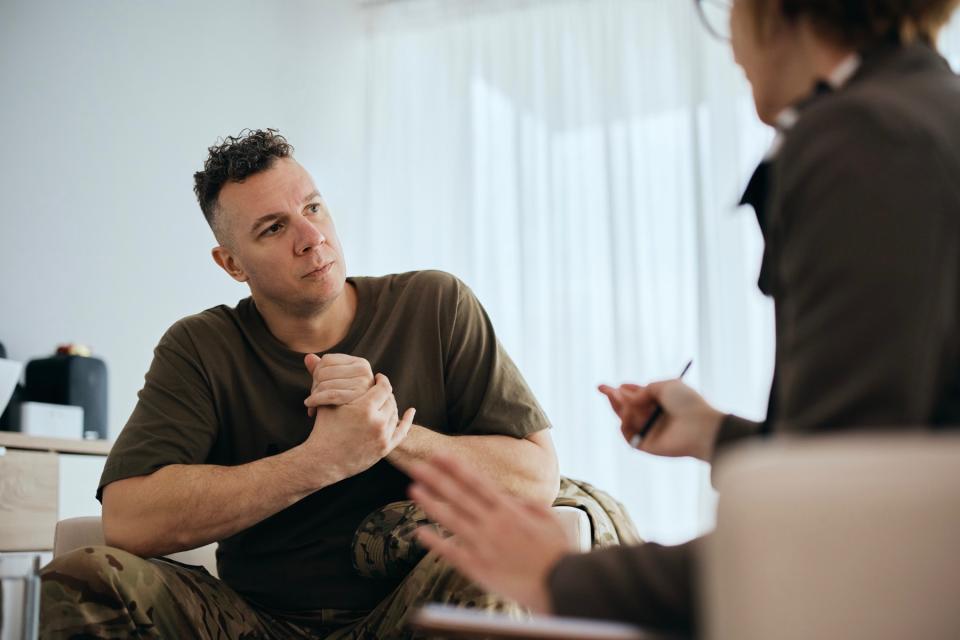
Three key strategies for protecting children from emotional harm
As a Relationship Therapist who specialises in helping families experiencing these circumstances, I find that there are three primary approaches which parents should take to ensure better outcomes for themselves as well as their children: learning from professionals, participating in trainings, and building a network of personal support.
#1: Learn from professionals
For many, going through a separation will be a brand-new experience—not to mention something they never thought they’d go through. The first thing I wish for newly separated individuals to know is that they are not alone in navigating what must feel like uncharted waters.
It is critical that a newly separating parent learn as much as they can from seasoned professionals who are experts in the legal or mental health aspects of a separation or divorce. Based on their specific areas of expertise, professionals will provide the best guidance possible to help you know how to achieve a positive outcome after separating.
Moreover, it is important for divorcing parents to seek help from not just any professional—but to find the ones who they connect with best. The first professional you meet does not need to be the one you choose to work with. Seek professionals who offer the guidance you seek, whether that be coping strategies, legal assistance or parenting advice among other types of guidance.
#2: Try some trainings
It is one thing to learn from someone. It’s another to put those learnings into practice through first-person experience and interactions.
Group or one-on-one workshops, courses or other trainings are available to help separating or divorcing parents know how to use the things they have learned from professionals. For example, some courses may include video tutorials or even role playing which helps the learners practice communication strategies before using them in real live.
Trainings can happen in-person, live online or even via on-demand courses to let you take courses on a schedule that works best for you. Talk to your professional team about which trainings they might recommend.
#3: Create a personal support network
Having people and resources around to turn to for support during such a challenging time is essential. What is more important, however, is that the support you receive is not only helpful but also constructive. While it might feel good to have those around you agree about how horrible your former partner is, that may not be the most helpful—or even beneficial—thing.
Turn to people who will give you honest, genuine support like trusted friends or family members. In the long run, it is most important to focus on achieving a positive outcome through this process, both for you and your children.
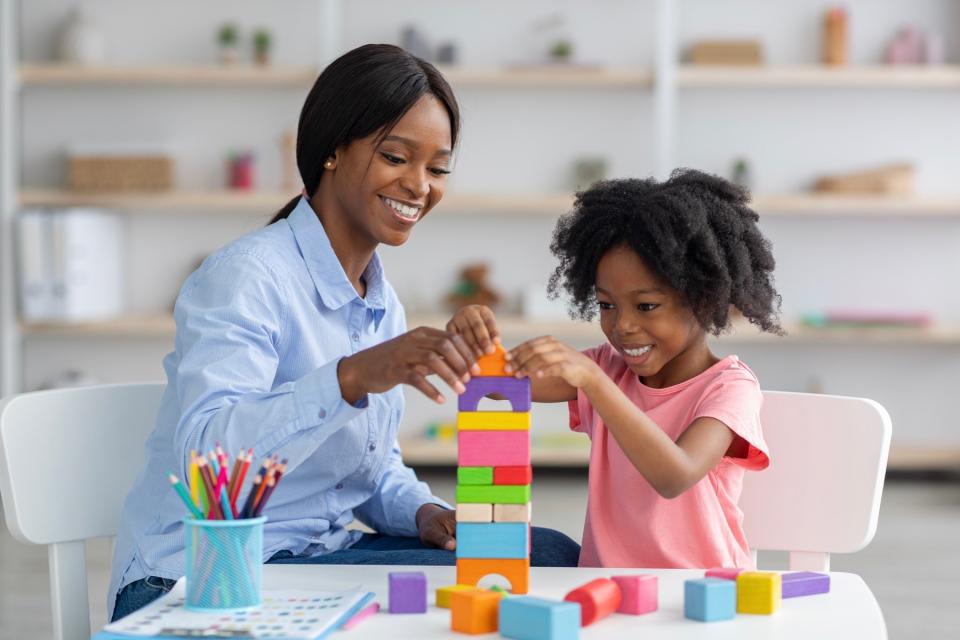
The bottom line: Try and get it right for your children—right from the beginning
The truth is that it’s the separation or divorce itself that causes emotional harm in children. In fact, research points to ongoing conflict between parents being the real source of harm experienced by children. No matter how you may feel about your former partner, this fact makes it so important to find a way to co-parent peacefully.

